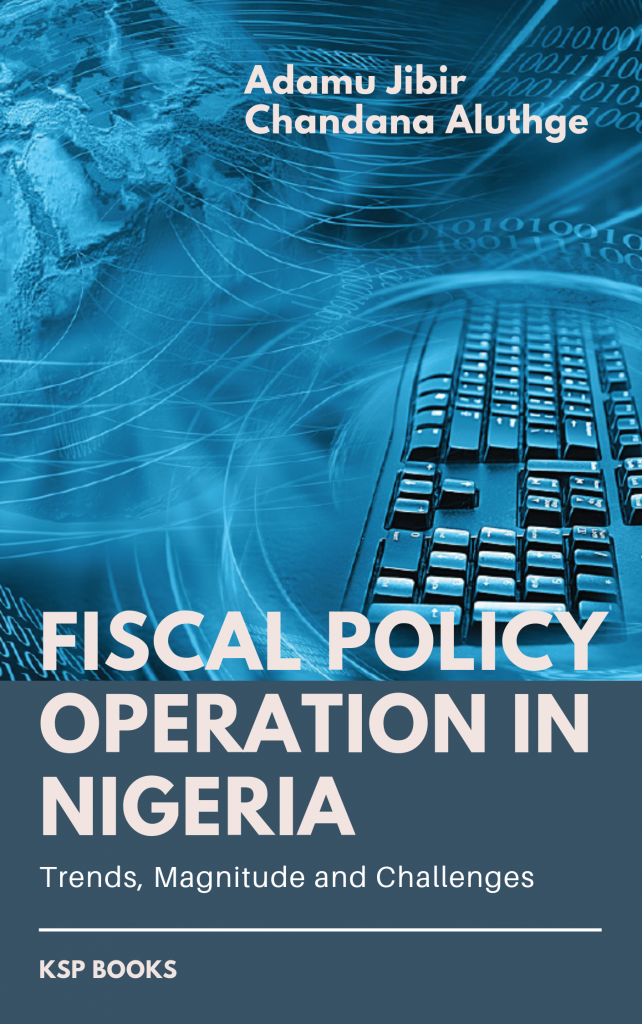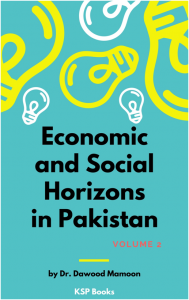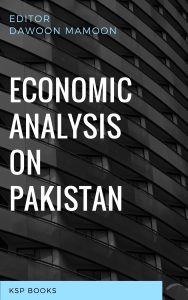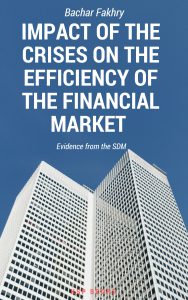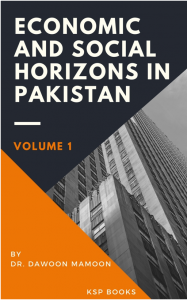Synopsis
The book is designed to highlight Nigeria’s fiscal policy operation since the oil boom of 1970s putting into cognizance various policies and programs initiated and implemented during the period. Specifically, the trending behaviour of fiscal policy variables – including government expenditure, public debt and public revenue are analysed. Public financial management and fiscal policy reforms are also discussed. Challenges of fiscal policy in Nigeria are also explained in this book. The book shows that since the 1970s, the Nigeria’s fiscal policy can be said to have lacked definite and clear objective as majority of times the objectives are too broad reflecting majorly macroeconomic goals. Fiscal policy of Nigeria is also characterized by rising government expenditure without corresponding increase in public revenue which had deteriorated the fiscal stability of the country resulting to higher inflation and fiscal deficit accompanied by large accumulation of debt. The ability of the country to implement counter-cyclical fiscal policy to address the fiscal imbalances is mostly constrained by fluctuation in oil price, administrative inefficiencies and irregularities in the budgetary process. Sadly, despite reforms and initiatives undertaken, it is observed that they are weakened by persistent political influences and unnecessary delays in formulation and implementation of policies which in turn affect their performances. Government fiscal policy needs to be re-considered by moving from broad fiscal policy to a specific fiscal policy that will consider the needs and demand of people and derive the fiscal policies from such considerations. This can be done by strengthening the existing bodies and institutions saddled with the responsibility of making fiscal policy so as to make them efficient and effective and accommodative to people’s needs through pro-poor policies and programmes.
Contents
About Author(s)
ISBN
978-605-7602-84-8
Date of Publication
July 30, 2018
File Size: 1690 KB
Length: xiii + 80 pages
This work is licensed under a Creative Commons Attribution 4.0 International License.
